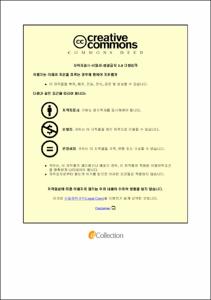企業 M&A의 長期成果에 관한 實證硏究
= An Empirical Study on the Long-run Performance of M&A
- Files in This Item:
-
-
Download
 000000896585.pdf
기타 데이터 / 1.27 MB / Adobe PDF
000000896585.pdf
기타 데이터 / 1.27 MB / Adobe PDF
-
Items in Repository are protected by copyright, with all rights reserved, unless otherwise indicated.